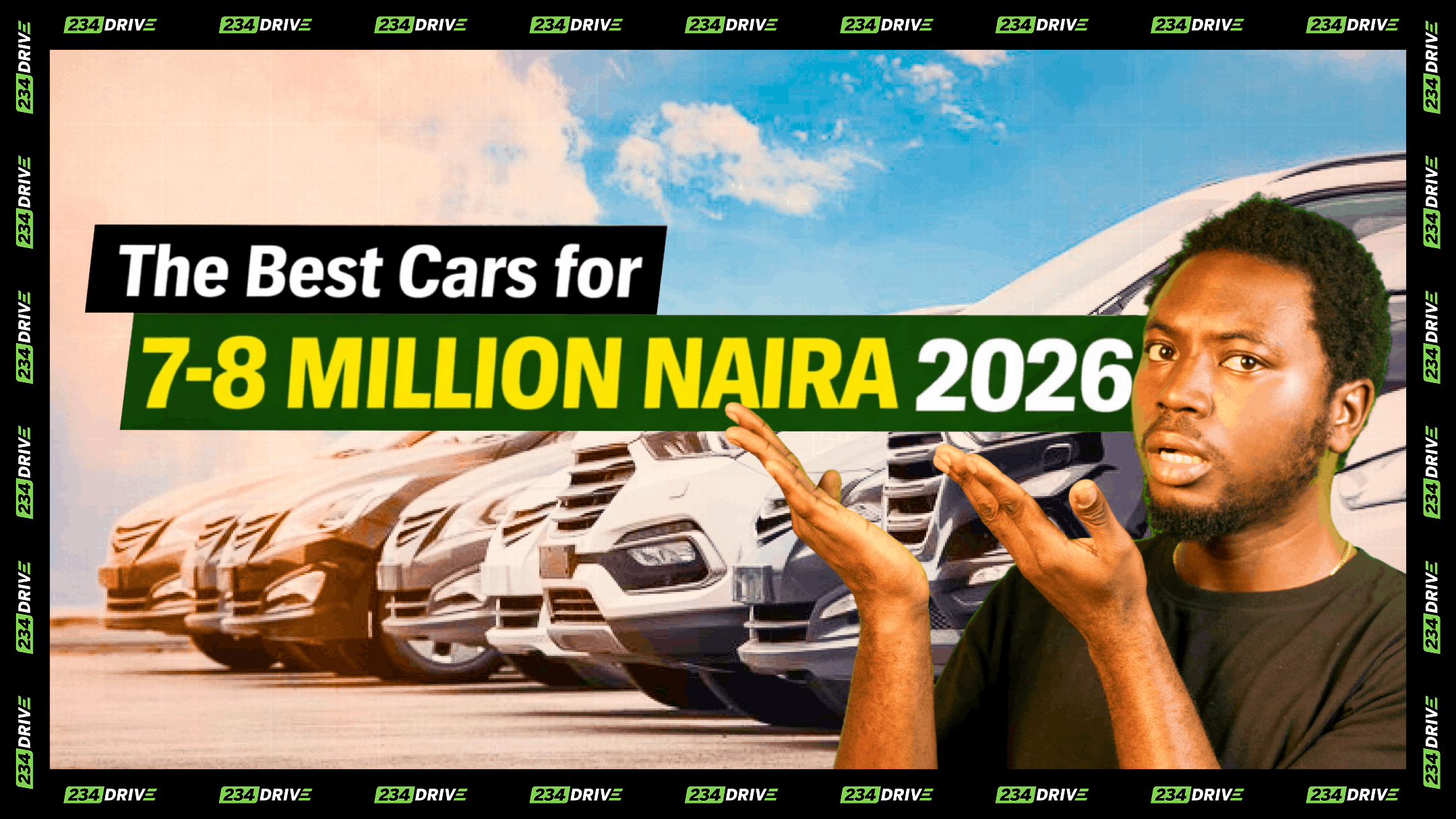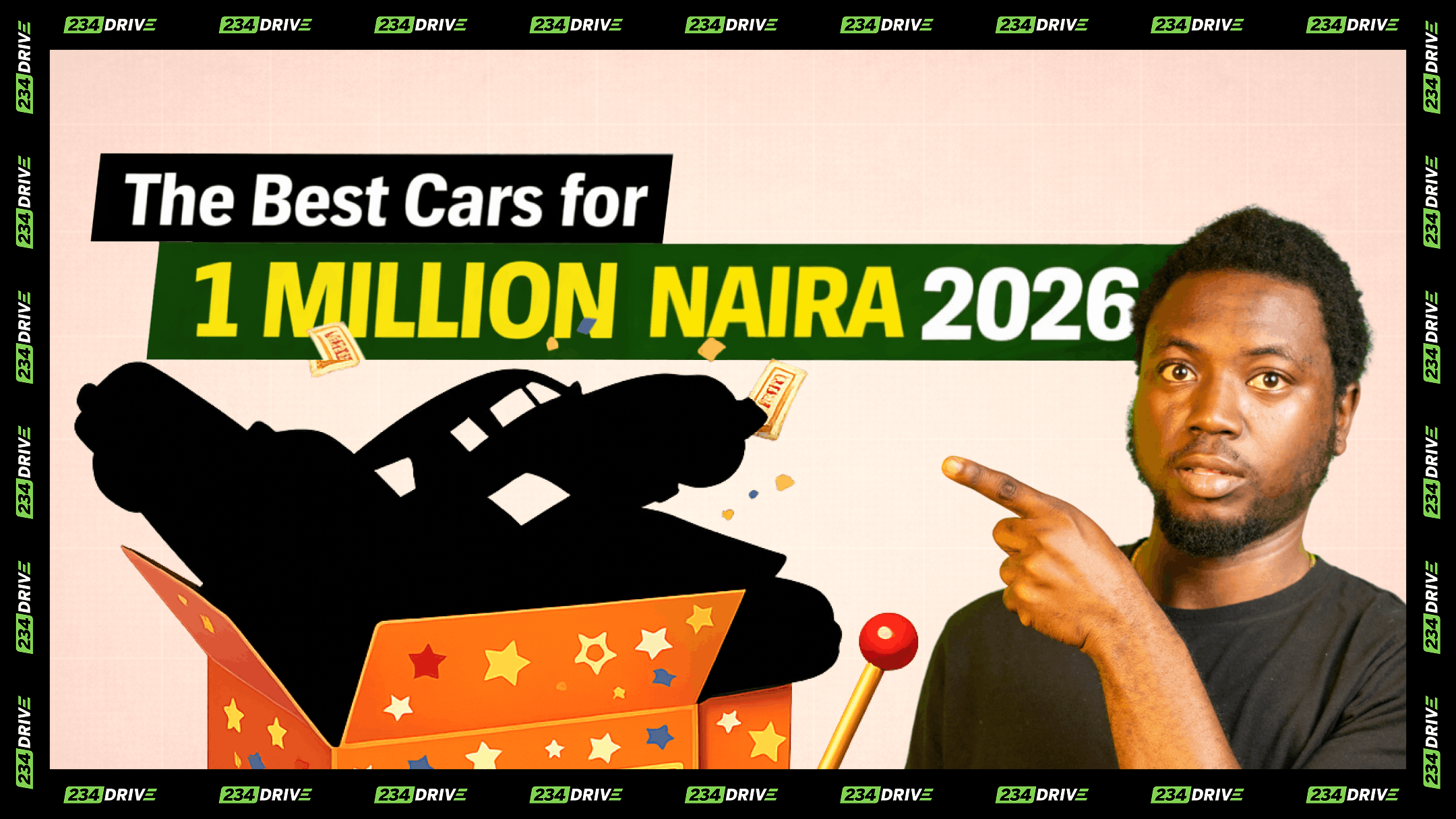Bolt drivers in Nigeria have been slashing fuel costs by changing the way they manage their daily operations. They have been keeping their vehicles in better condition, adjusting driving styles, planning trips more carefully, and making use of Bolt’s platform features. Some drivers have also begun testing electric vehicles in certain cities where charging access is available.
These practices have been spreading across the driver community as fuel prices rise. Drivers have been adopting them to protect their earnings and maintain stability, ensuring that their operations remain sustainable while coping with economic uncertainty.
Why Fuel Costs Matter More Than You Think
Fuel has been taking up 25–35% of drivers’ earnings. Drivers have been cutting this percentage through consistent measures that directly affect fuel use. By doing so, they have been freeing up funds for other costs like servicing, tyre changes, and insurance. This has given them a more predictable cost structure and allowed them to hold onto more of their income.
Step-by-Step Guide for Drivers
Drivers across Nigeria have been following a set of practical measures to reduce fuel use. These steps focus on how they maintain their vehicles, how they drive, how they plan trips, and how they take advantage of features built into the Bolt platform. Together, these actions have been making a measurable difference in their operating costs.
Step 1: Vehicle Maintenance
Vehicle upkeep has been at the core of fuel-saving measures. Drivers have been using the correct oil recommended by manufacturers, keeping tyres properly inflated, and changing air filters and spark plugs regularly. Reports show that these practices have helped them improve fuel economy by about 4%.
Step 2: Driving Practices
Driving style has been another area drivers have focused on. They have been practising smoother acceleration and braking, which reduces fuel use in busy city traffic. On highways, they have been keeping steady speeds and avoiding unnecessary idling, leading to fuel savings of up to 14%.
Step 3: Trip Planning
Drivers have been improving the way they plan trips. They have been using navigation apps to avoid traffic jams and take shorter routes. They have also been combining several short trips into single runs, cutting down on fuel wasted during repeated cold starts. Removing extra weight and roof accessories has also been common, as both add to fuel consumption.
Step 4: Bolt Platform Features
The Bolt platform has been providing features that support cost savings. Drivers have been collecting and redeeming Bolt Rewards for discounts on fuel, maintenance, and insurance. Many have been relying on in-app route optimisation to reduce time on the road and fuel use. Partner offers at fuel stations and workshops have also been helping cut costs.
Step 5: Electric Vehicles
Some drivers in Lagos, Abuja, and Port Harcourt have been moving towards electric vehicles. This shift has eliminated their fuel expenses and reduced maintenance needs. However, charging point availability has remained limited, meaning most drivers still rely on petrol or CNG vehicles
Bolt has hinted at support for drivers considering EVs, including co-financing options or exclusive ride categories in the future. If you’re thinking long-term, it’s worth watching how this space develops.
Cost Effectiveness for Nigerian Bolt Drivers
Drivers spending around ₦80,000 monthly on fuel have been reporting savings of over ₦25,000 by combining careful maintenance, efficient driving, and use of Bolt features. These savings have been redirected to other expenses, reducing financial stress. Drivers have also been adopting smaller habits such as fuelling in cooler hours and moderating air conditioning to stretch their earnings further.
Summary
Bolt drivers in Nigeria have been responding to fuel price challenges with practical strategies that directly lower costs. From better maintenance and disciplined driving to smarter trip planning and platform-based benefits, drivers have been keeping more of their income while staying competitive. These practices have been building financial stability in a market where costs continue to rise.










